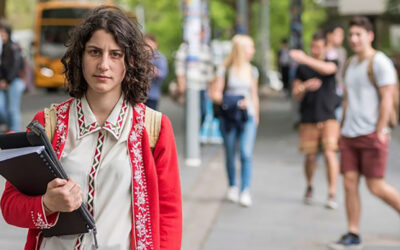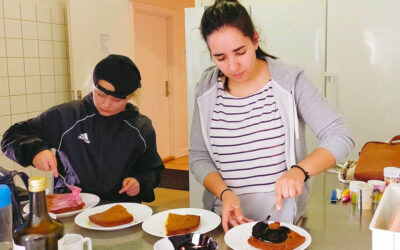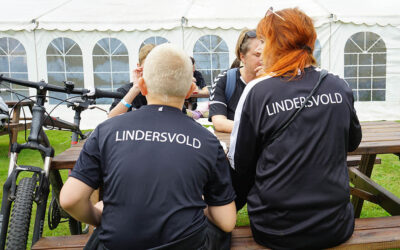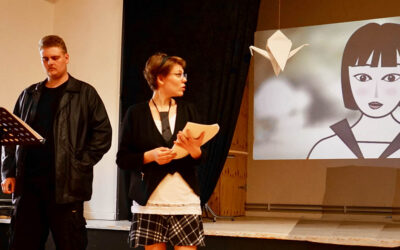

Educators of the 21st Century
As we mark World Teachers’ Day, we must take time to look at the future of the profession and the role of young teachers in it. The planet is facing a climate crisis and the teaching profession is also needs to deal with its own challenges as technology and social structures are changing the profession.
A new generation of dedicated educators and passionate role models are very much in need.
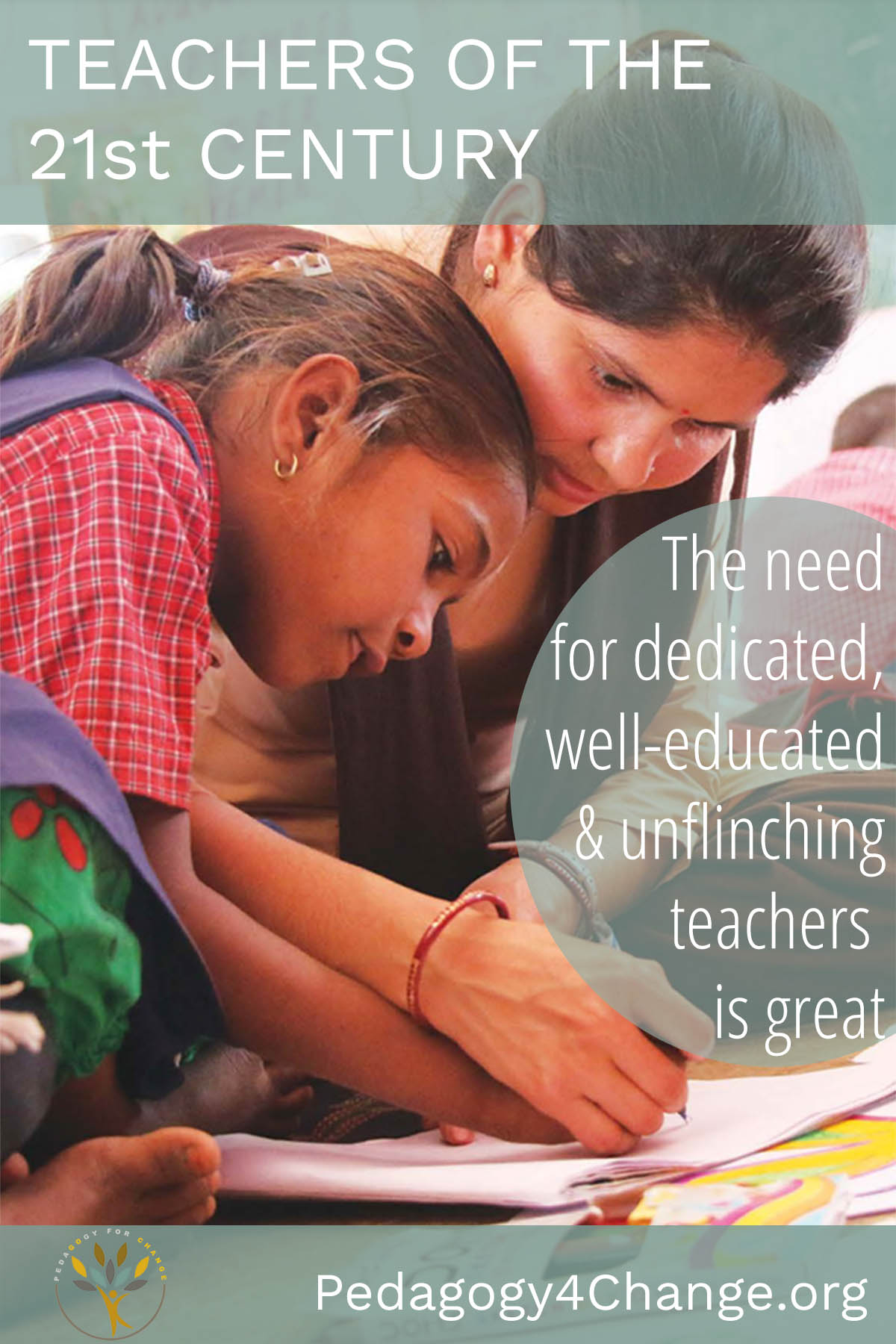
Challenging times for educators
The early twenty-first century is not an easy time to be a teacher or social educator. Clearly, the planet is in dire straits. The generations to come are facing precarious times and unknown challenges. Therefore, educators of today need to consider two mutually dependent challenges:
What kind of planet do we pass on to the next generation? And: What kind of generation do we leave behind for the planet?
What do we even need to teach the children of today to enable them to take appropriate action when they in a matter of a decade or two are grownups who need to deal with unknown dangers?
They will face unfamiliar situations once unprecedented disasters will strike. Think monster hurricanes, flash floods, relentless droughts, vanishing glaciers (and with them vanishing fresh water resources) and rising sea levels.
Who will think up a plan for rehousing millions and millions of people who need to abandon their sinking homes? Where will 40 million people who now live in Kolkata and Mumbai go? Where can the entire nation of Tuvalo settle once their island nation is washed over and gone forever?
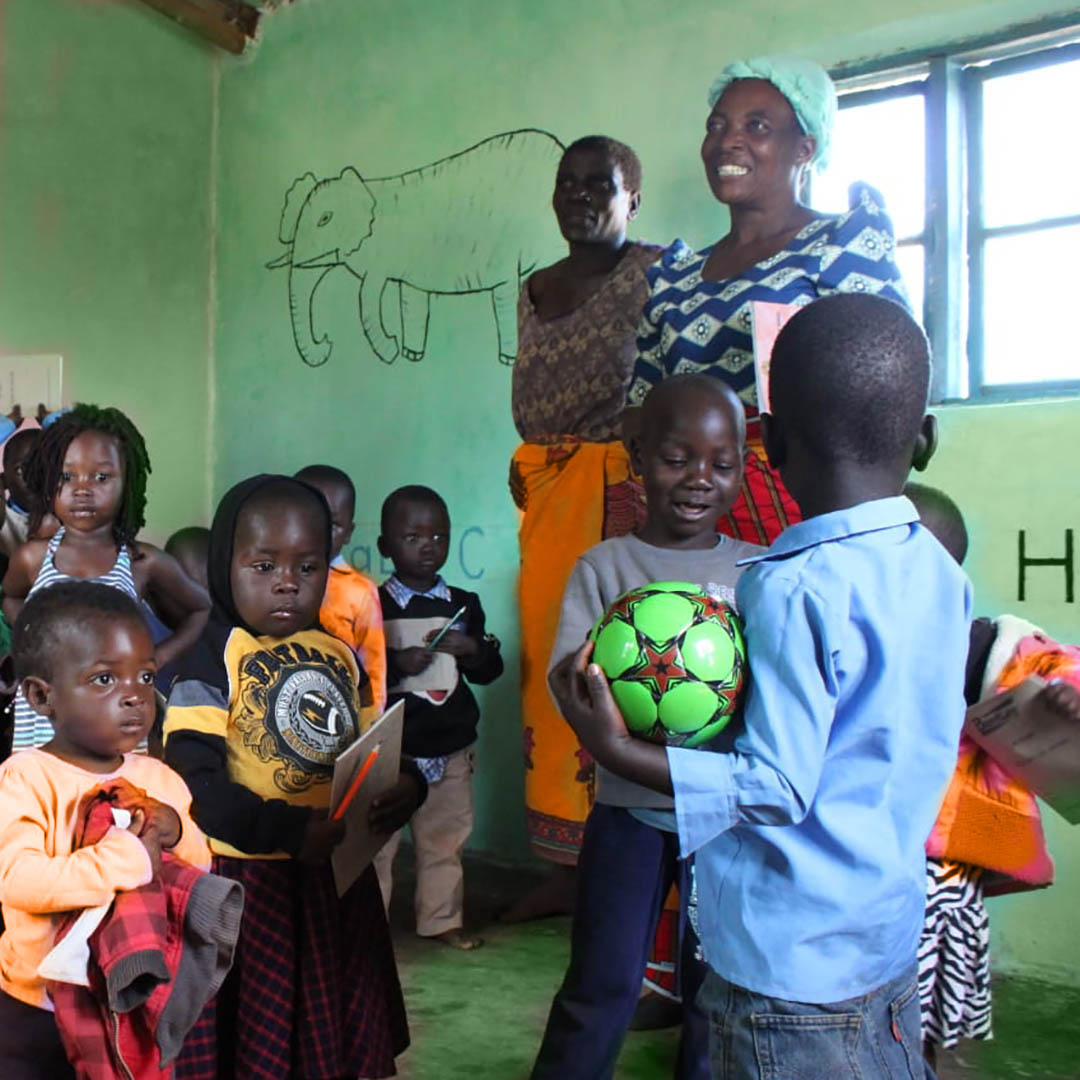
Distrust and harassment
Everyone can see that the need for dedicated, well-educated and unflinching teachers is great. The world truly needs inspirational role models for young people to lead the way. It is therefore paradoxical, that at the same time, the teaching profession is receiving a lot of criticism.
It seems like teachers are getting the blame for ailing educational systems which are suffering from a lack of funds and top-down controlling mechanisms. Stringent national curricula are imposed, so teachers are being told what to teach instead of having the freedom to figure out for themselves what the needs of their learners are.
The days where teachers were hailed as community leaders and positive influencers are gone.
Teachers in the West are even experiencing a trend where their professionalism and expertise is being questioned by the parents of their students. In some countries, the public’s negative perception of teachers is such that education staff regularly face the threat of violence.
Can teachers be replaced by technology?
With the rise of communication technology and other scientific advances the role of the teacher is also questioned by some parts of society. Some even suggest that teaching profession will be redundant in the future – students can simply learn everything they need to know from YouTube or something of that effect.
Thus, the teaching profession is criticised from many sides. Luckily, many people do realise the paramount importance of social interaction between humans and the unparalleled difference a teacher can make in a young person’s life. Sure – modern technology gives us many possibilities but personal and social skills need to be learned in real life, in connective and collective settings.
This planet and its people will need teachers who can act in the present reality for many years to come.

Luckily, many people do realise the paramount importance of social interaction between humans and the unparalleled difference a teacher can make in a young person’s life.
MORE GOOD STUFF
How to tackle intolerance
Being an active bystander means becoming aware that inappropriate or even threatening behaviour is going on and choosing to challenge it. Collective action is the way forward.
Mónica shares her experience
Mónica just finished the Pedagogy for Change programme and we asked her to share some of her considerations and main takeaways from her experience of practising and studying social pedagogy in Denmark.
“Zone of Proximal Development” exemplified
In this blogpost, we exemplify how the theory of the “Zone of Proximal Development” can be implemented in real life when working in the field of social pedagogy.
Social Pedagogy in Denmark
Scandinavian social pedagogy is known for its holistic practice which combines “head, heart and hands” – theory, empathy, and practice. A core value is respecting the individual’s rights.
Learning through theatre
Theatre is an important pedagogical tool which provides an opportunity for us to explore realms and realities outside of the classroom, without having to travel.
Artful expression in pedagogy
Art is a pedagogical tool which provides an opportunity for everyone to work with open-ended solutions rather than striving for conventional error-free essays or science reports.


